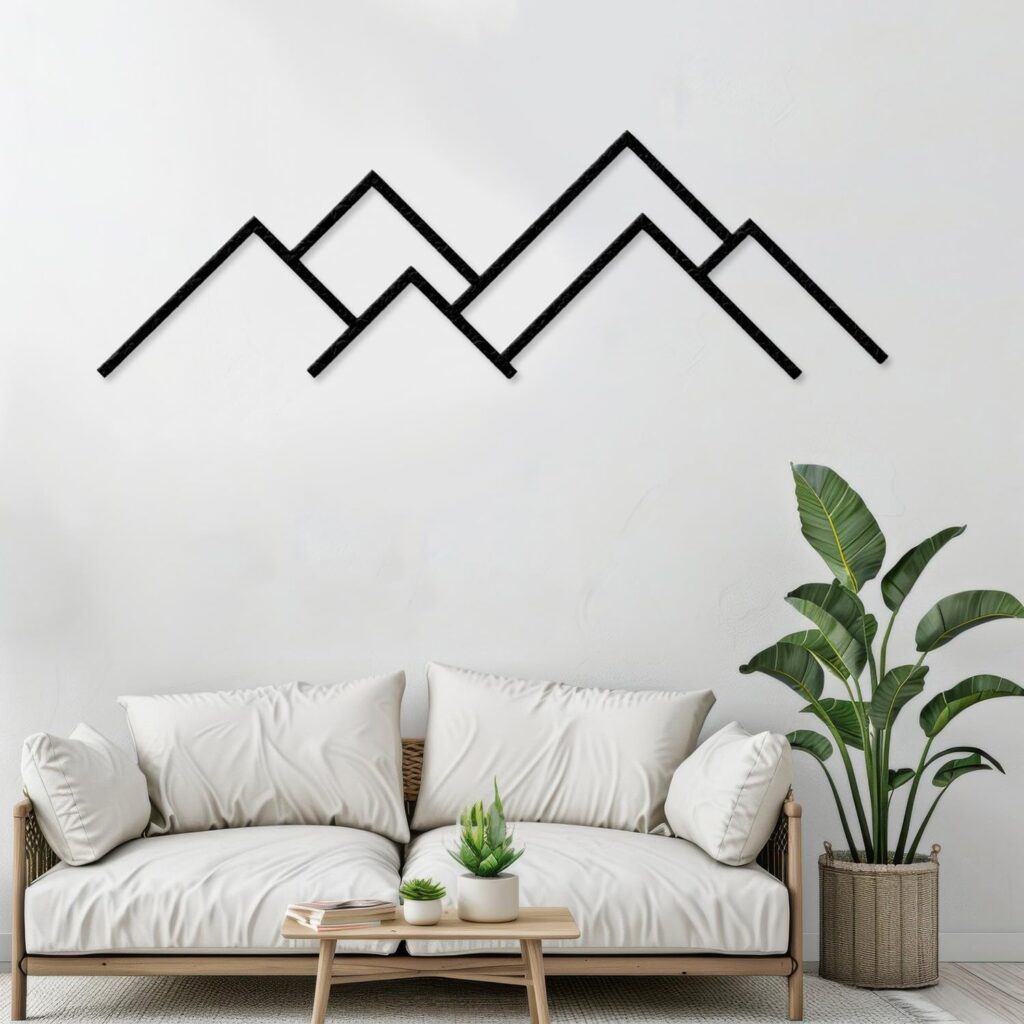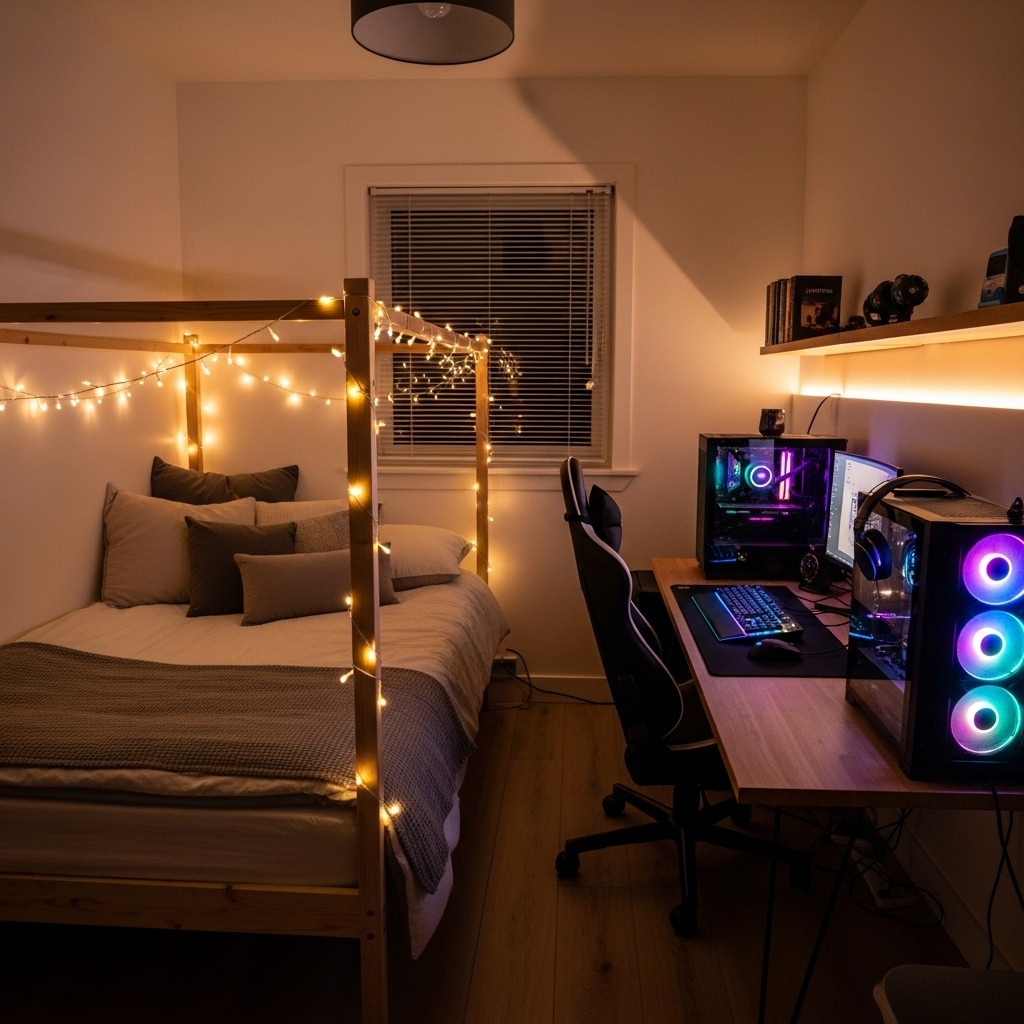Your study desk is more than just furniture—it’s your personal productivity hub.
Whether you’re a student preparing for exams, a remote worker, or someone diving into creative projects, the right desk setup can make a huge difference in how effectively you work.
If you’ve been wondering about adding things to your study desk to boost focus, comfort, and efficiency, you’ve come to the right place.
This article includes affiliate links. If you make a purchase through these links, I may earn a commission at no extra cost to you. I only endorse products or services that I personally use and believe will benefit my readers. Your support is highly appreciated.
15 Smart Things to Add to Your Study Desk
Here are 15 essential items to elevate your study space and help you get the most out of your time at the desk.
1. Desk Lamp with Adjustable Brightness
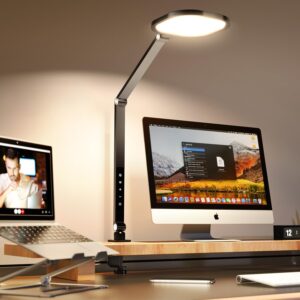
Good lighting is crucial. A desk lamp with adjustable brightness reduces eye strain, especially during late-night sessions.
Go for a warm light option to create a cozy atmosphere or a cool white light for alertness during the day.
2. Ergonomic Chair
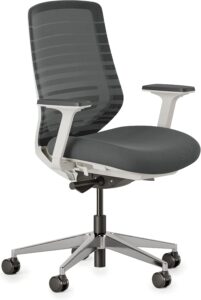
Though not on the desk itself, your chair impacts your desk experience.
An ergonomic chair provides back support and promotes good posture, which is essential during long study or work hours.
Related Post: 52 DIY Room Decor For Teens
3. Monitor Stand or Laptop Riser
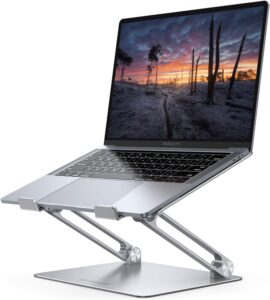
If you’re using a laptop or external monitor, a riser brings the screen to eye level, reducing neck strain.
Plus, it gives you extra space underneath for storing small supplies.
Also Check: Small Room Makeover
4. Desk Organizer or Drawer Unit
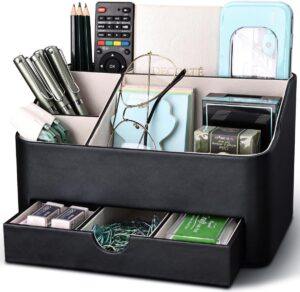
Keep clutter at bay with a sleek desk organizer.
Use it for pens, sticky notes, paper clips, and other frequently used items so everything has a home.
5. Stationery Essentials
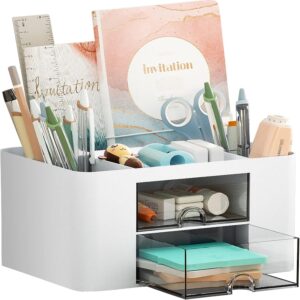
A set of quality pens, highlighters, pencils, and a notepad is are must-have.
Having these tools readily available can help you take notes quickly and efficiently.
6. Noise-Canceling Headphones or Earbuds
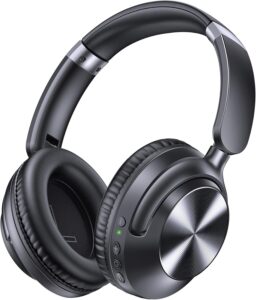
For focused work, headphones that block out distractions are a game-changer.
You can also use them for listening to white noise, instrumental music, or study playlists.
7. Wall Calendar or Desk Planner
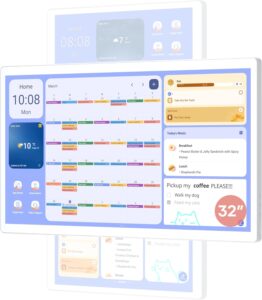
A visible calendar or planner helps you track assignments, deadlines, and goals.
It keeps your tasks organized and makes time management much easier.
8. Inspirational Decor or Quotes
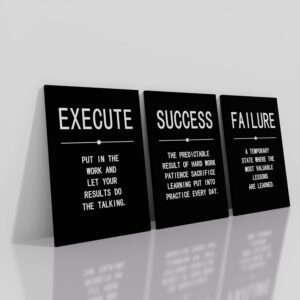
Add a personal touch to your desk with framed quotes, a small vision board, or calming art.
These visual cues can inspire and motivate you through tough study sessions.
9. Greenery or Desk Plant
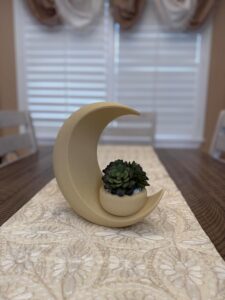
A small potted plant not only adds life to your workspace but can also boost your mood and improve air quality.
Low-maintenance options like succulents or snake plants are ideal.
10. Cable Management System
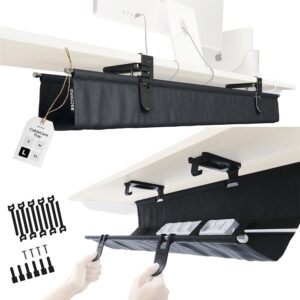
Tangled cords are frustrating. Use cable clips, sleeves, or trays to keep your charging cables, laptop cords, and other electronics neatly organized.
Related Post: Boss Office Interior Design
11. Blue Light Glasses
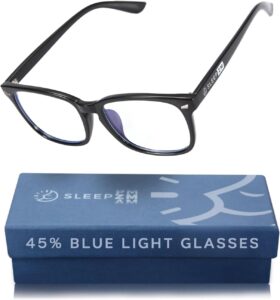
If you spend a lot of time on digital screens, blue light glasses help protect your eyes from fatigue and long-term damage. Keep them on your desk for easy access.
12. Timer or Pomodoro App
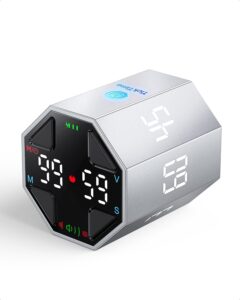
Use a timer or a productivity app to break your study time into focused intervals with regular breaks. It keeps your brain fresh and helps improve concentration.
13. Water Bottle or Mug
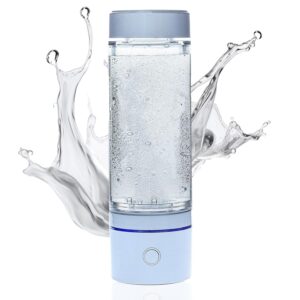
Staying hydrated is key to productivity. Keep a reusable water bottle or mug on your desk to avoid unnecessary trips to the kitchen and maintain your flow.
14. Whiteboard or Corkboard
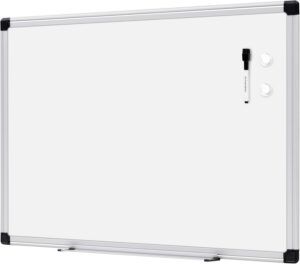
Having a mini whiteboard or corkboard nearby allows you to jot down quick reminders, to-do lists, or study schedules in a highly visible space.
15. Comfort Items (Blanket, Cushion, or Footrest)
If you’re spending hours at your desk, comfort matters. A footrest, soft cushion, or light blanket can make long sessions more pleasant and reduce body fatigue.
Final Thoughts
Transforming your workspace doesn’t require a complete overhaul. Simply adding a few thoughtful items to your study desk can lead to major improvements in your focus and productivity.
Start by identifying the tools and elements that match your learning style and daily needs.
Then, slowly build a study space that inspires you to do your best work every day.
